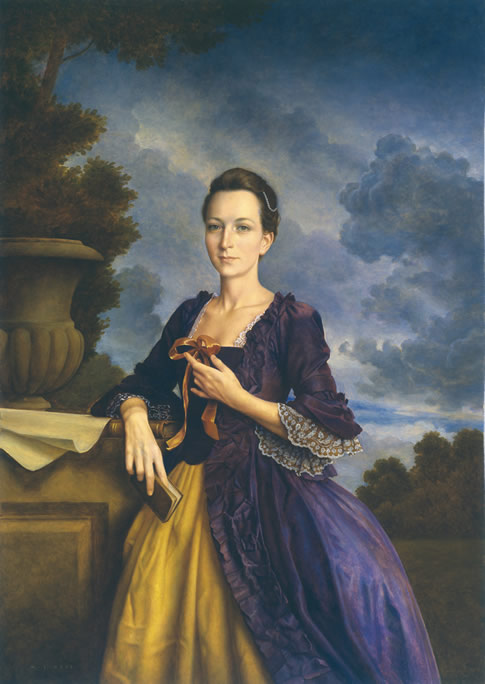Read Luke 1: 39 -56
Advice - Do not expect that when this fourth and final session is concluded that every question which has been raised will have been answered or that every issue which has emerged in these discussions will have been resolved. The aim here, in other words, has been to articulate significant queries exposed by the passages from Luke concerning the topic of Advent and, thus, to offer an alternative to the superficial and commercialized versions of the Advent season which prevail in the culture and to the often trivialized and unbiblical treatment of Advent prevalent in many churches. So, if you finish this session with a mind bustling with issues, rather than a tidy list of answers, do not be discouraged, be heartened: the effort has been worthwhile. Persevere, in the last session, in practicing listening by hearing the entire text read aloud and then reviewing it sentence by sentence.
Comment - The story of Mary's visit to the mother of John the Baptist, and the attribution of the Magnificat to her, is another traditional Advent text which may be so familiar that it is easily overlooked how explicitly it emphasizes the politics of both Advents. Keep rereading it and notice its political statements. "He has put down the mighty from their thrones, and exalted those of low degree; he has filled the hungry with good things, and the rich he has sent empty away." (Luke 1 52-53; see l Sam. 2:1-10). Moreover, in the final verses of the Magnificat it seems clear that the destiny of the nation is the particular political matter involved.
Since the ministries of John the Baptist and of Jesus are, as became evident in earlier texts studied, so intertwined, this may be an appropriate place to read the remainder of this first chapter of Luke, concerning the birth of John the Baptist. (See Luke 1:57 80). How is the auspicious birth of John related to the coming of Jesus?
Consider, also, the obvious political character of other events associated with or proximate to the birth of Jesus. This is often overlooked because the manger scene is recalled and represented in the culture as if it were some quaint pastoral scape, what with hay and sheep and so on. Yet stop to think that the census to which Mary and Joseph submitted was a surveillance, the homage of the Magi acknowledged the status of Jesus as Lord and King, while Herod, frantic about the birth, sought to assassinate the child. This is no quiet, simple, politically innocuous event; it is a cosmic happening. In the first Advent, Christ the Lord comes into the world, in the next Advent, Christ the Lord comes as judge of the world, and all the world's thrones and pretenders, regimes and presidencies, principalities and authorities, in vindication of the reign of the Word of God in history. That is the truth, which the world hates, which biblical people bear and by which they live as the Church in the world in the time between the two Advents.









